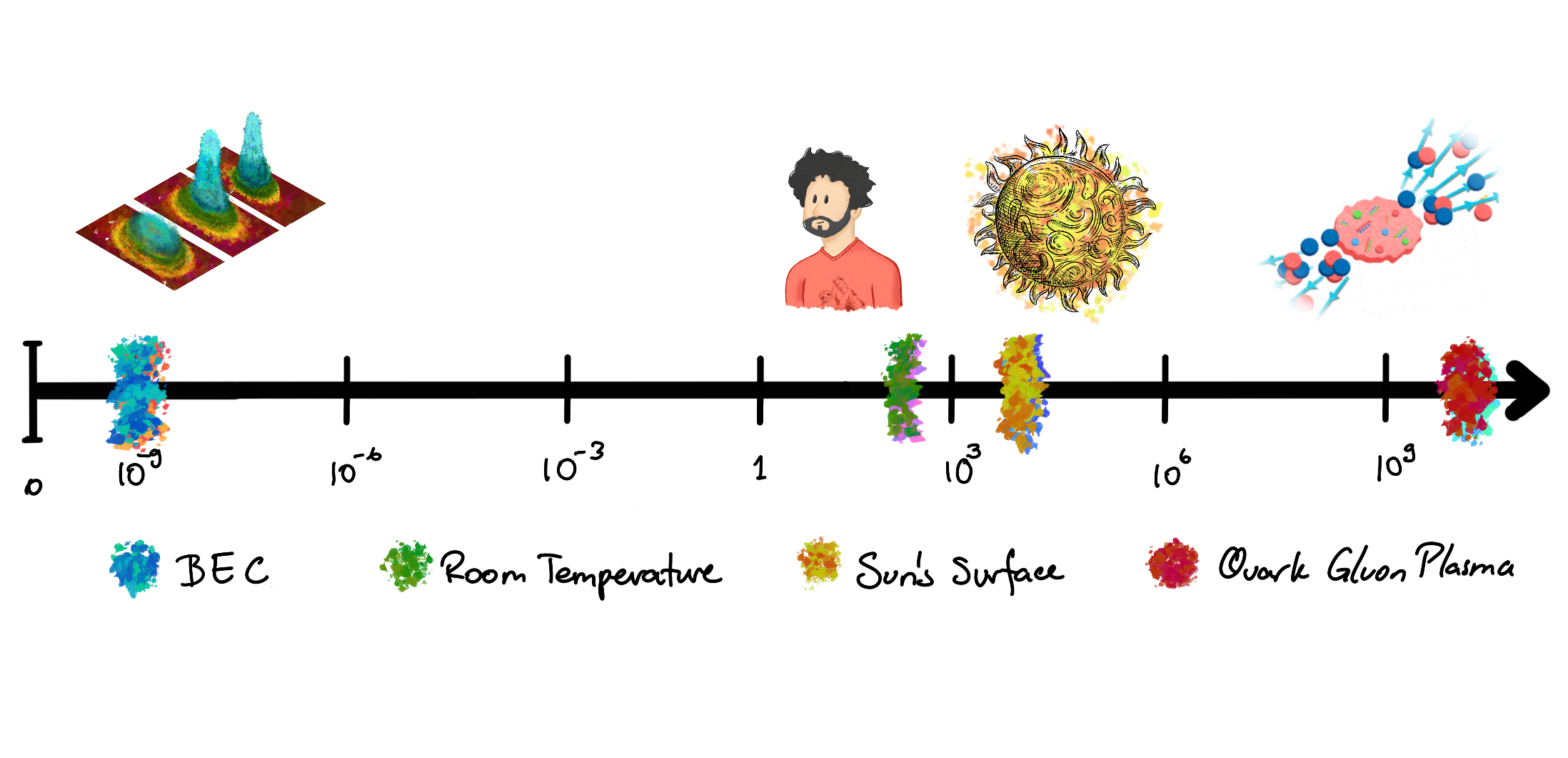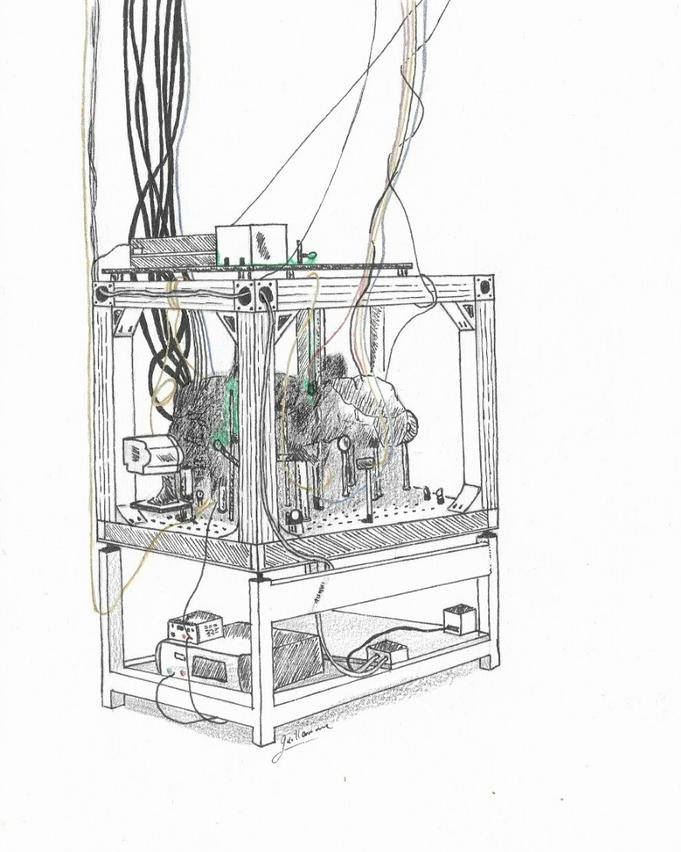Phew! This is a lot of abstract words – so let’s take them step by step. Quantum phenomena are observations made in nature which can only be explained by effects of quantum mechanics. Generally speaking, quantum mechanics gives our nowadays best description of the fundamental processes in nature on very small length scales. This might sound very abstract, but actually a lot of modern technologies rely on quantum mechanical effects. The better and better understanding of quantum mechanics has led to innovations, like for example the satellite positioning (GPS), and it still holds big promises for the future. One prominent technological goal you may have seen in the media is to build a new type of computer which makes use of quantum mechanical effects – the so-called quantum computer. This is currently a very hot topic and already some other of our writings touched upon this. The focus of this text is more directed towards the fundamental aspects because there still exist many interesting open questions as well.

Continue reading “Learning about quantum phenomena with quantum machines”





